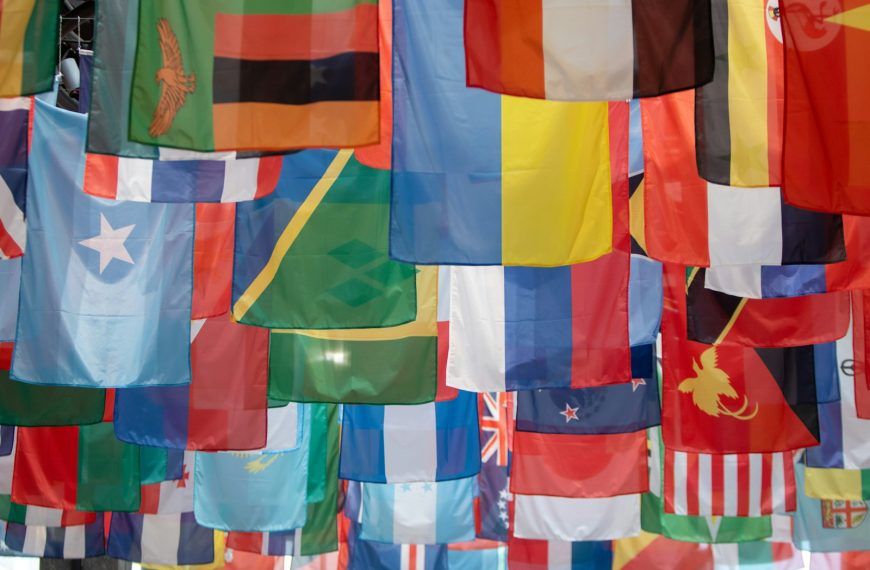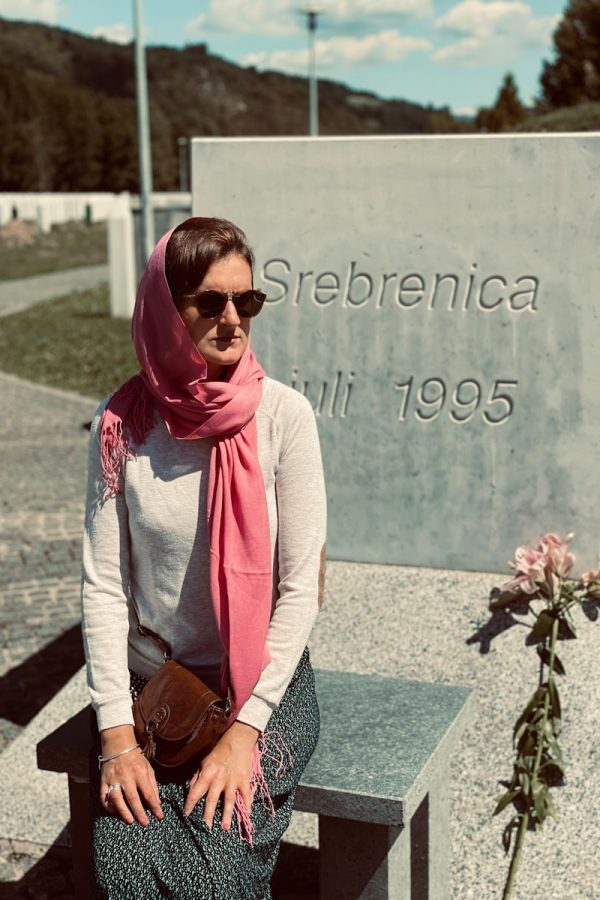The United Nations created the Convention for the Punishment and Prevention of Genocide
There are Ten Stages of Genocide
Genocide is clearly targeted mass murder, but there are many actions that some may not recognize as qualifying acts of genocide, those include:
- “Total war” (because it does not differentiate between civilians and combatants)
- Carpet bombing, firebombing, and bombing hospitals
- Chemical and biological warfare (which are also war crimes)
- Preventing births in a population through forced sterilization or forced abortions
- Forcibly displacing groups of people from their homes and land
- Depriving a group of resources like water and food
- Forcibly taking children from their indigenous homes
- Nuclear bombs
Most genocides had the goal of a “total genocide,” but many end up being a “partial genocide,” sometimes it was because they were thwarted by international intervention or war. The only thing that will stop an active genocide is swift and strong-armed intervention. Unfortunately, international intervention usually comes too little too late. The United Nations has tended to act after the genocide, failing to prevent it.

Photo by Matthew TenBruggencate, via Unsplash.
According to the Genocide Convention, the UN Security Council could authorize an armed intervention to prevent a genocide by deploying the Standing High Readiness Brigade, the EU Rapid Response Force, or the regional forces of NATO, ASEAN, or ECOWAS.
Hypothetically, the UN General Assembly could authorize intervention under the 1950 Uniting for Peace Resolution, which they have used thirteen times thus far. The Uniting for Peace Resolution is just a recognition that one purpose of the United Nations is to “maintain international peace and security.”
If the UN cannot decide to act, regional alliances like NATO can take action to intervene. It is an international responsibility to maintain peace, and it supersedes individual nations’ interests. Nations can provide troops, equipment, airlift operations, and/or financial means to ensure international peace.
Those who are committing a genocide will watch for international responses; if they commit a massacre and nobody bats an eye, then they believe they can get away with more while the UN and regional alliances ignore it. And, if the perpetrators believe they can commit genocide without international intervention getting in their way, a Genocide Emergency can be declared.
Before a country can be punished for committing a genocide, the International Court of Justice (ICJ) must be absolutely certain that a genocide had occurred. It seems like it would be obvious, but it can be difficult to prove if there is no concrete evidence that any criteria in Articles II and III of the Convention were met (i.e. the killings could be described as collateral damage in war, or accidental, or indiscriminate of their identity). Often there is “plausible deniability,” which allows senior officials in the military or government to evade accountability when there is no explicit evidence of their knowledge or involvement.
During the Bosnian genocide, paramilitary units carried out the ethnic cleansing operations, which provided the leaders the necessary plausible deniability to keep them out of prison after the war was over. It took over twenty years for the Bosnian genocide to be classified as a genocide. Although, in 1995 the ICJ stated that

A woman sitting in front of a memorial at the site of the genocide in Srebrenica, Bosnia, photo by Matieu Pons, via Unsplash.
The UN stays within “the principle of legality
The Convention also “prohibits the retroactive application of treaties,” and the ICJ confirmed that “states are only bound by the Genocide Convention from the date on which it entered into force for the states in question.” That means that countries cannot be punished for committing or aiding a genocide that took place before that country signed the Convention.
For example, France committed genocidal massacres of Muslims in Algeria in May and June of 1945—up to 45,000 people were massacred while everybody was preoccupied with the end of WWII. France signed the Convention at its conception in 1948 and could not be punished retroactively because the Convention had not been created at the time of the genocide.
Similarly, Bangladesh agreed to the Convention in 1998, so they could not have been punished for the genocide they committed in 1971, although the Convention was already established. Several countries had signed the Convention and then later committed a genocide and have gone unpunished for it, such as Peru, which signed in 1948, and then in the 1980s began a population control program that forcibly sterilized at least 300,000 indigenous women with the intent of killing off the indigenous population.
According to the UN, a country cannot be punished retroactively, but the ICJ has stated something rather contradictory to that. The ICJ has said “the Convention embodies principles that are part of general customary international law. This means that whether or not states have ratified the Genocide Convention, they are bound as a matter of law by the principle that genocide is a crime under international law and that they thus have an obligation to prevent and punish it.”
If the International Court of Justice believes that everybody should be held accountable for genocide because it is against international law, then one must wonder why the United Nations hesitates to prevent or punish genocide.





